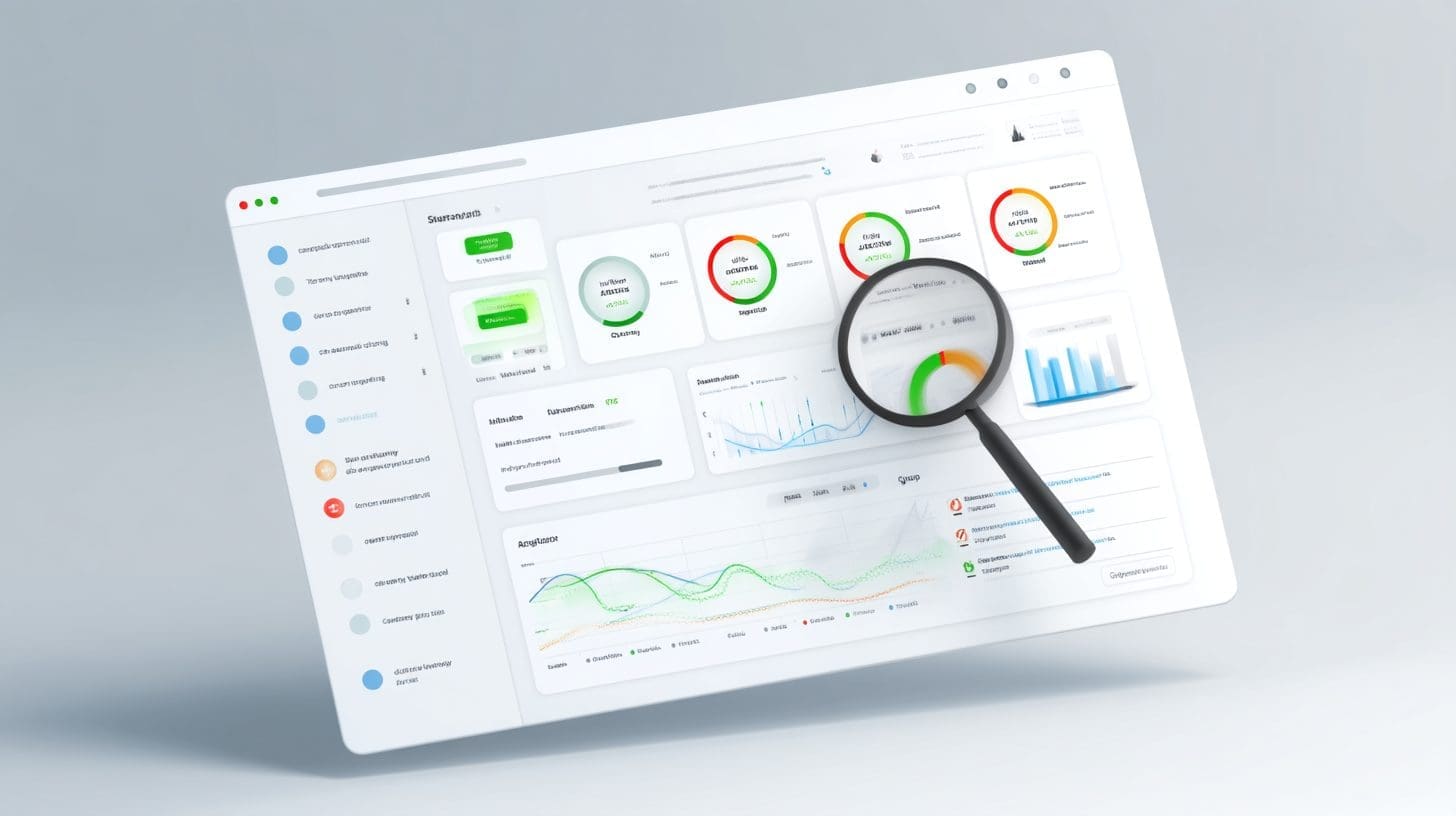Introduction
In an ever-evolving digital landscape, comprehending the subtleties of seo (SEO) is crucial for any business seeking to prosper online. But here's a pressing question: Are you asking the best SEO audit questions? This short article aims to provide a thorough checklist that will not just improve your understanding of SEO audits but also catalyze your digital growth.
What Is an SEO Audit?
An SEO audit is a comprehensive examination of a website's efficiency in regard to its search engine optimization. It includes numerous elements consisting of technical aspects, on-page and off-page components, and user experience. The goal? To determine weak points and opportunities for improvement.
Why Are SEO Audits Important?
You might question, why should you invest time and resources into carrying out an SEO audit? Well, here are some compelling factors:
Identify Issues: Identifying issues early can save you from costly effects down the line. Optimize Performance: Regular audits assistance make sure that your site remains enhanced for search engines. Stay Competitive: The digital market is ruthless; remaining ahead of your rivals requires routine assessments.Are You Asking the Right SEO Audit Questions? A Checklist for Digital Growth
When conducting an SEO audit, asking the ideal concerns is vital. Here's a comprehensive checklist to direct you through this vital process:
1. What Are My Current Rankings?
Understanding where you stand in search engine results pages (SERPs) sets the stage for improvement.
- Why It Matters: Understanding your rankings helps recognize which keywords need attention. How to Measure: Use tools like Google Search Console or SEMrush to track your keyword positions.
2. Is My Website Mobile-Friendly?
With over half of all web traffic originating from mobile devices, ensuring your site is optimized for mobile is a must.
- Test Your Site: Make use of Google's Mobile-Friendly Test Tool to assess your website's compatibility. Key Considerations: Evaluate load times, navigation ease, and overall user experience on mobile devices.
3. How Quick Does My Website Load?
Page speed straight affects user experience and search rankings.
- Measurement Tools: Tools like GTmetrix or Google PageSpeed Insights can offer insights into your filling times. Improvement Strategies: Enhance images, leverage web browser caching, and think about content shipment networks (CDNs).
4. Is My Material Relevant and High Quality?
Content is king-- guaranteeing it resonates with your audience is fundamental.
- Content Audit: Review existing content for importance, quality, and engagement metrics. User Intent: Line up material with what users are looking for; consider upgrading or removing out-of-date articles.
5. Are My Meta Tags Optimized?
Meta titles and descriptions play a crucial function in click-through rates (CTR).
- Best Practices: Guarantee each page has unique meta tags that integrate targeted keywords while being luring enough to motivate clicks.
|Meta Component|Finest Practice|| --------------|------------------------------------|| Title|50-- 60 characters; include keywords|| Description|150-- 160 characters; clear CTA|
6. Do I Have a Sitemap?
A well-structured sitemap helps online search engine crawl your website more effectively.
- Creating a Sitemap: Use plugins like Yoast for WordPress sites or XML-sitemaps. com for other platforms.
7. Am I Executing Correct Internal Linking?
Internal links help establish website architecture and disperse page authority throughout your website.
- Linking Strategy: Aim to connect pertinent pages together naturally within material; prevent excessive linking which can appear spammy.
8. Are There Broken Hyperlinks on My Site?
Broken links can damage user experience and injure your website's trustworthiness in search engines.
- Audit Tools: Use tools like Ahrefs or Shouting Frog to determine broken links swiftly.
9. What Does My Backlink Profile Look Like?
A robust backlink profile contributes substantially to domain authority.
- Assessing Backlinks: Examine the quality and amount of backlinks pointing to your website utilizing tools like Moz or SEMrush.
10. Am I Engaging on Social Media Platforms?
Social signals can indirectly influence SEO efficiency by driving traffic and engagement.

- Social Media Strategy: Routinely post high-quality content across platforms appropriate to your audience to cultivate engagement.
FAQ Section
Q1: What are SEO audit questions?
A1: These are questions created to assess numerous elements of a site's SEO performance, ranging from technical elements to content quality and user experience.
Q2: Why is it crucial to perform regular SEO audits?
A2: Regular audits permit you to spot issues early, optimize performance continuously, and keep up with competitive trends in the digital marketplace.
Q3: How frequently must I carry out an SEO audit?
A3: Preferably, perform an audit a minimum of once every six months but consider quarterly reviews if you're often upgrading material or experiencing ranking fluctuations.
Q4: Can I carry out an SEO audit myself?
A4: Absolutely! While expert services provide depth, numerous tools enable individuals to conduct effective do it yourself audits with some fundamental understanding of SEO principles.
Q5: What tools are best for performing an SEO audit?
A5: Popular tools consist of Google Analytics, SEMrush, Ahrefs, Moz Pro, Shouting Frog, and Google Browse Console among others.
Q6: How do I repair concerns found during my SEO audit?
A6: Start by prioritizing issues based on their effect on efficiency; tackle high-priority products first before in-depth website technical auditing from Digitaleer moving down the list of findings.
Conclusion
To sum it all up-- carrying out routine SEO audits by asking the best questions can be transformative for any digital strategy! By following this list titled "Are You Asking the Right SEO Audit Questions? A List for Digital Development," you're setting yourself up for success in attaining sustainable development online.
So next time you take a seat for an audit session-- make certain you're geared up with these necessary questions! It's not practically recognizing problems however also about seizing chances that drive traffic and conversions in today's competitive landscape!
By embracing this proactive technique towards auditing not only boosts your presence however produces long lasting relationships with users who find worth in what you have to offer!